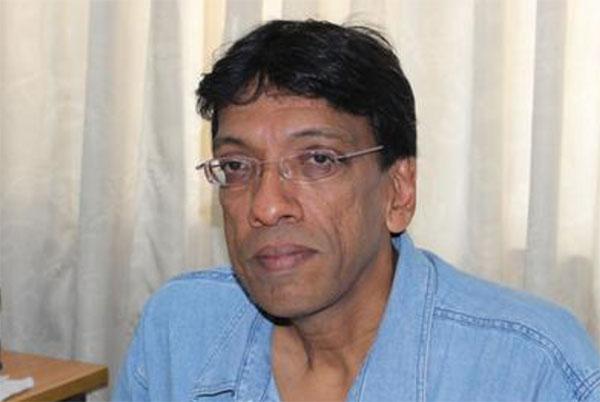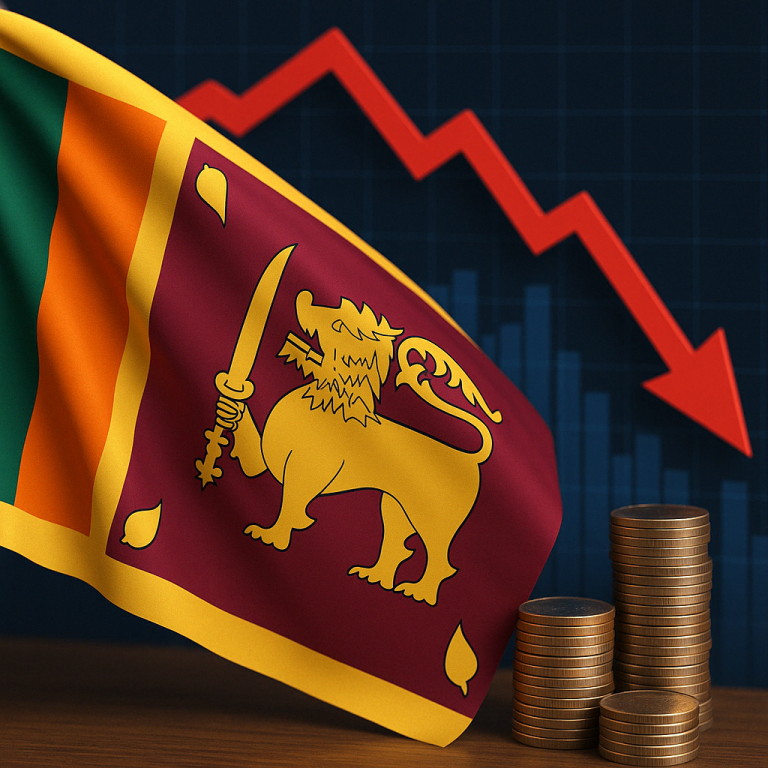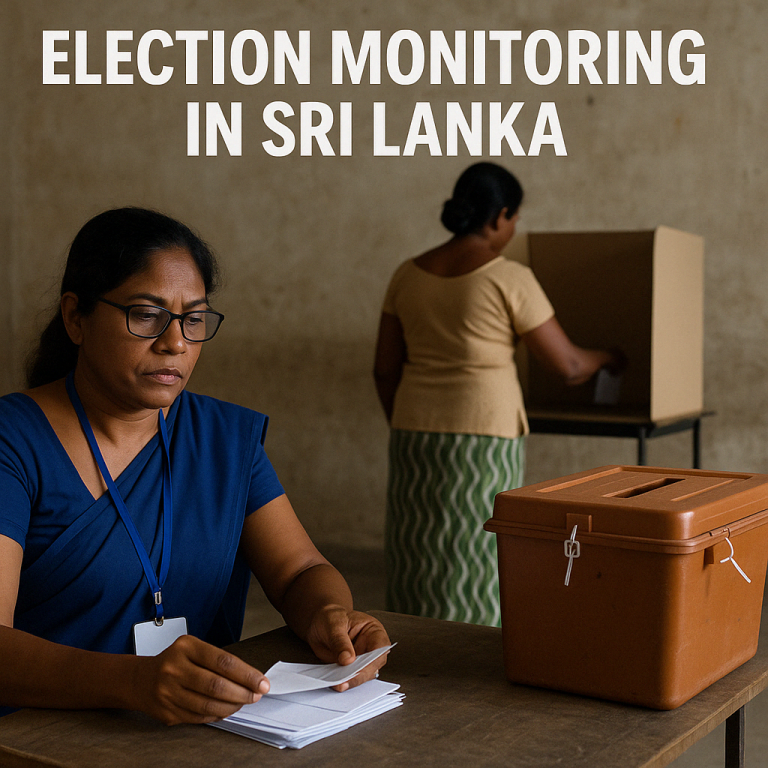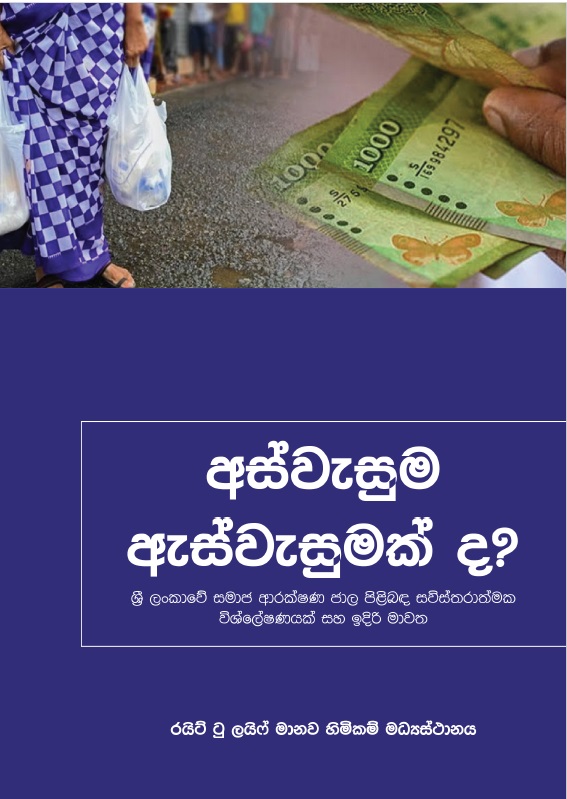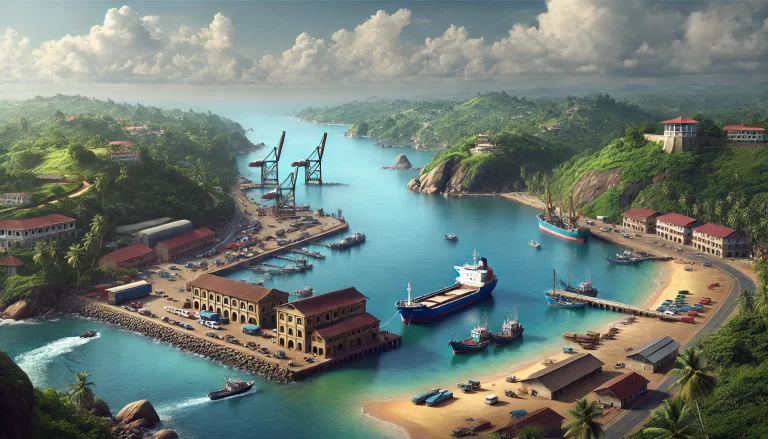Sri Lanka has so far been spared the riots and political instability that has rocked other countries facing debt repayment crises. Kenya and now Bangladesh have seen large scale rioting and popular uprisings that are directly the consequence of economic problems that have sharpened the pain felt by the masses of people. Sri Lanka too was in a similar situation at the time President Ranil Wickremesinghe took over the reins of government. The president’s handling of the security situation and economy, and the support he has obtained from the IMF to regain access to international loans, has won him plaudits from the international community. Ironically, the majority of Sri Lankan people, though patient and quiet, may be having a different view which may explain the president’s apparent reluctance to test his popularity at the presidential election.
However, the question of whether the presidential election will indeed take place as constitutionally mandated appears to have been finally settled by the announcement of September 21 as the date of the elections by the Election Commissioner. This issue was at the centre stage of public speculation over the past several months. Several months ago, the president appointed a presidential commission to consider changes to the constitution and government ministers started to talk about abolishing the presidency. It reached a crescendo when petitions were filed in the Supreme Court asking for a postponement of the presidential elections, the president insisted on gazetting the 22nd Amendment and then expressed doubts as to whether the election could be held after the Supreme Court suspended the IGP from his position until the case against his appointment was decided upon.
The speculation about the holding of the presidential election was also given credence, even by the international community, when some of them voiced their concerns about elections undermining the progress of the IMF debt restructuring process. However, when US ambassador Julie Chung welcomed the setting of the date of the election by the Election Commission, the die was cast for the elections. President Wickremesinghe, with his understanding of international politics, would have realized that any postponement of the elections would not be tolerated by the international community in particular, which was otherwise very supportive of his economic reforms. The international community and its representatives in Sri Lanka by and large have indicated on many occasions that they are supportive of the IMF led debt restructuring process but also of the democratic process.
People Suffer
The support given to the IMF debt restructuring process by the international community is hardly to be surprised at, as the rich countries are the main beneficiaries of the present economic order that extracts the resources out of poorer countries. It is in their enlightened self-interest to see the IMF led process as the way for Sri Lanka to recover. In their most recent statement after making yet another visit to Sri Lanka, the IMF team stated “The economic reform program implemented by the Sri Lankan authorities is yielding commendable outcomes. The recovery continues with real GDP posting three consecutive quarters of expansion, and growth accelerating to 5.3 percent year-on-year in the first quarter of 2024. Inflation remains contained below the Central Bank of Sri Lanka’s (CBSL) 5 percent target and domestic borrowing rates have declined. Gross international reserves increased by US$1.2 billion during the first half of 2024 and reached US$5.6 billion.”
However, the IMF team had the grace to also warn that more hardship will be the lot of the general population. “With Sri Lanka’s knife-edged recovery at a critical juncture, sustaining the reform momentum and ensuring timely implementation of all program commitments are critical to cement the hard-won economic progress to date and put the economy on a firm footing. Maintaining macroeconomic stability and restoring debt sustainability require further efforts to raise fiscal revenues.” In other words, more money needed to be extracted from the country, which suggests that the general population who are already paying two to three times as much for their basic essentials while earning more or less the same as they did three years ago will have to pay even more and consume even less.
The question is whether the economic turnaround which has been highlighted by the IMF is actually benefiting the people. The evidence is negative as the poverty level has doubled to 26 percent and is also borne out in statistics that show malnutrition and stunting increasingly affecting children. In 2015, the per capita consumption of fish was around 30 kg per year. Today it has dropped to around 19 kg. This is a catastrophic fall as nearly 60 percent of animal protein consumed by Sri Lankan people comes from fish. The fall in consumption is due to the high price of fish, which in turn is caused by the lower catches of fish due to the price of fuel increasing three fold and making it unprofitable for fishers to venture into the deep seas to catch more fish which they cannot sell at the price it costs.
Sri Lanka’s recent debt restructuring agreement with the International Monetary Fund (IMF) and its bondholders has sparked significant debate and criticism. According to Verite Research’s Dr Nishan de Mel, the debt sustainability parameters Sri Lanka agreed with the IMF are not workable and the country will not achieve debt sustainability on the current path set out. It has to do something different or it will become prey to further defaults in the future. He advocates two options. The first is “Go back to square one internationally: announce that Sri Lanka government and the IMF need to redraw the Debt Sustainability parameters, do that, and restart the negotiations, without losing too much of the necessary good will among all parties to the process.”
Bad Deal
Sri Lanka’s new government after the presidential election will face huge challenges, ranging from economic recovery to dealing with corruption and addressing potential issues of renewed ethnic conflict if the economic collapse continues or gets worse. Tackling these issues demands a holistic and inclusive approach. Foremost among these is the challenge of economic recovery. Despite optimistic government declarations, the tangible benefits of economic recovery have not reached the majority of the populace whether in the north or south, east or west. This creates a potentially volatile situation. The people have, by and large, been patient and quiet in the expectation that they will be able to change the government at the coming election and the government will show results soon. The danger is that if it fails, the demons of the past who are now hiding in the woodwork can re-emerge.
Addressing the issue of economic recovery that benefits the majority of people will necessitate a multifaceted approach. The negotiations that the government claims it engaged in successfully cannot be called successful in comparison to terms obtained by other defaulting countries. There can hardly be any doubt that the deal obtained cannot be described as successful. A research study by Graf von Luckner C.M. Meyer J. Reinhart C.M. Trebesch C., (Publication Date, 06/2024) pointed out that “over the past 200 years, with a focus on creditor losses, or “haircuts”. Our sample covers 327 sovereign debt restructurings with external private creditors over 205 default spells since 1815. Creditor losses vary widely (from none to 100%), but the statistical distribution has remained remarkably stable over two centuries, with an average haircut of around 45 percent.” In comparison, the Sri Lankan haircut is so negligible that neither the IMF nor government are clearly saying what it is.
The first priority of the new government would be to renegotiate the terms of debt restructuring with the IMF and other international creditors. Sri Lanka’s dire economic situation has led foreign creditors to capitalize on the country’s desperation to escape bankruptcy, demanding onerous terms, that the government in a hurry agreed to. Secondly, it is crucial to shift the economic burden away from the poor, who are least capable of shouldering additional financial strain. The government’s targeting of the Employees Provident Fund (EPF) for restructuring, effectively reducing pensions payable to workers while sparing banks and corporations (including those that owe billions to the banks), exemplifies an inequitable approach that has disproportionately impacted the vulnerable. A more balanced strategy is needed to ensure that the costs of economic recovery are fairly distributed and Sri Lanka does not go again down the road of Kenya and Bangladesh.
Jehan Perera

